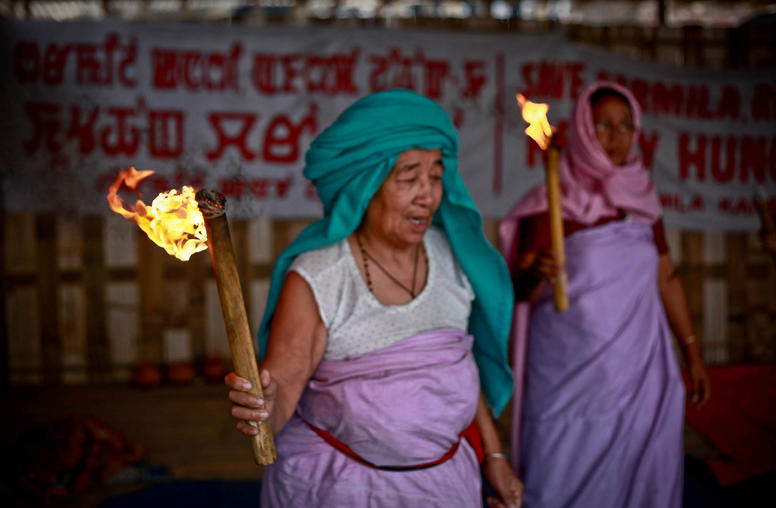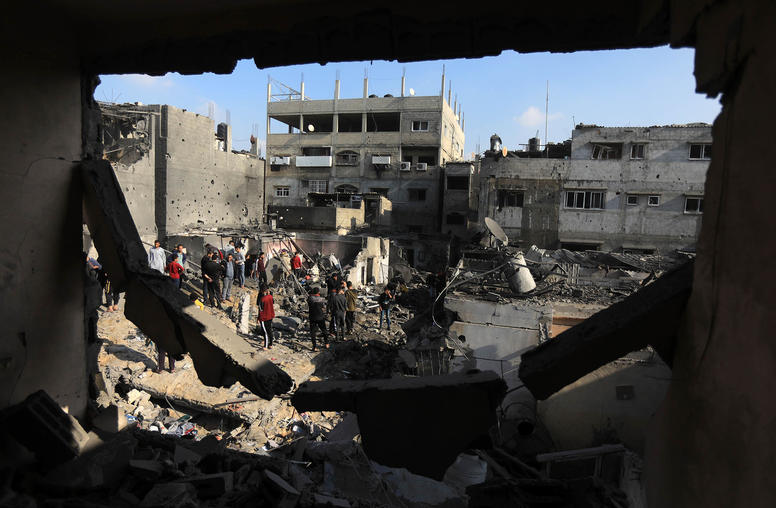Mechanisms for Dialogue: A Contribution to Preventing Civil War Recurrence
This paper argues that the effects of civil war recurrence can be mitigated if peace agreements include mechanisms that enable the warring parties to continue dialogue throughout peace processes beyond the implementation of a peace agreement. Based on an examination of 147 agreements across ten peace processes that experienced at least one relapse into violence, it identifies three types of mechanisms for dialogues—platforms for engagement, implementation reviews, and dispute resolution provisions—for settling differences that, left unresolved, might lead to a resumption of violence.
About the Authors
Argyro Kartsonaki is a researcher at the Institute for Peace Research and Security Policy at the University of Hamburg with expertise in secession and war-to-peace transitions after civil wars. Giuditta Fontana is a political scientist focusing on institutional designs in peace agreements and postconflict settings, with a particular interest in cultural and educational reforms. Stefan Wolff is a political scientist specializing in the prevention and settlement of ethnic conflicts and civil wars, and in postconflict state-building in deeply divided societies. Fontana and Wolff are based in the Department of Political Science and International Studies at the University of Birmingham in the United Kingdom.
This research was funded by USIP’s Grants & Fellowships Program and was supported by the Inclusive Peace Processes and Reconciliation Program in USIP’s Gandhi-King Global Academy. These programs are solely responsible for the accuracy and thoroughness of the content.



